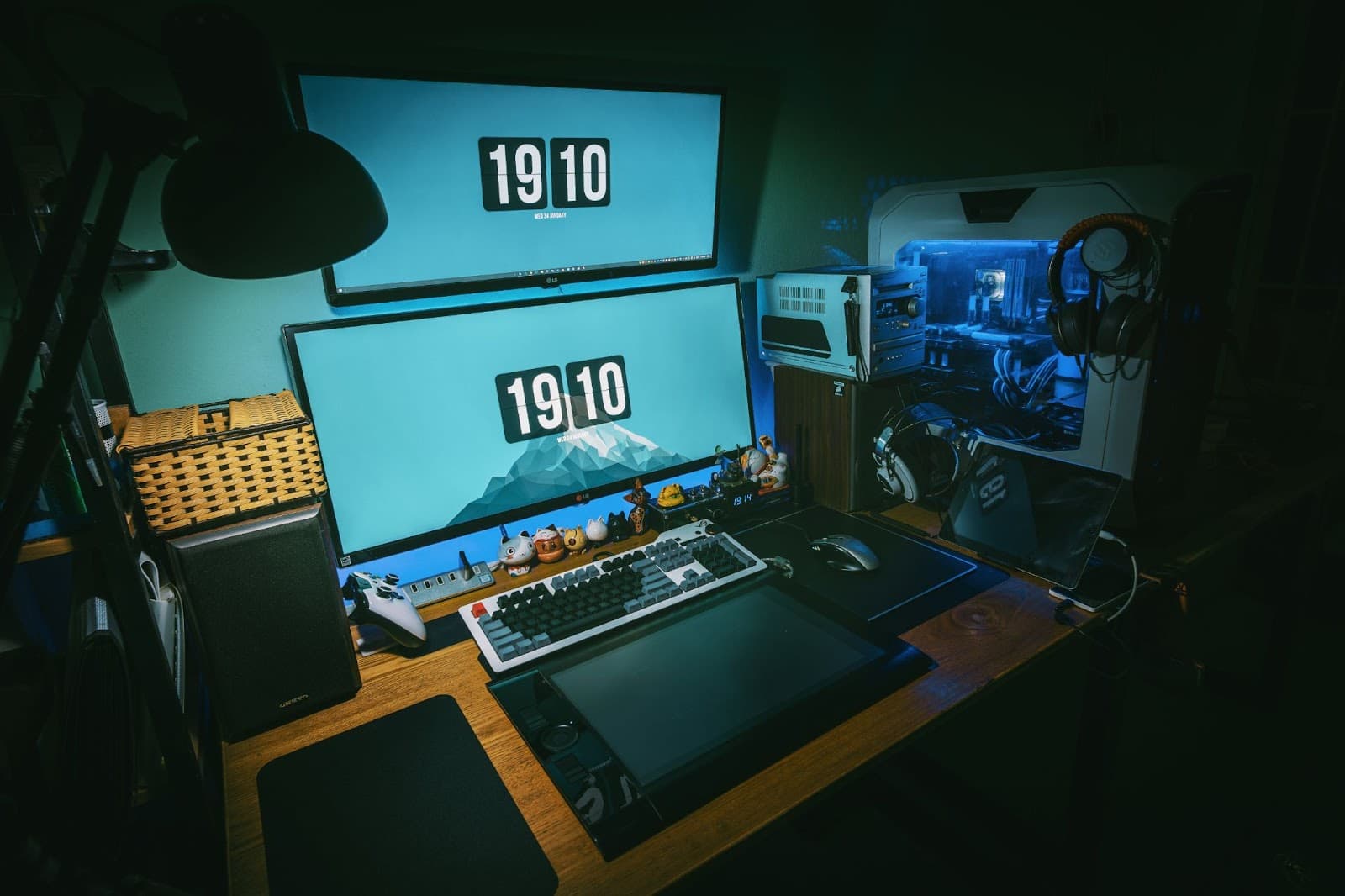The trajectory of online gaming mirrors the broader digital revolution, transforming from simple, pixelated games to the complex, immersive virtual worlds we navigate today. This evolution reflects not just technological progress but a fundamental shift in how we seek and experience entertainment. Among the plethora of gaming genres that have captivated players worldwide, a unique category that has recently gained traction is the rocket betting game.
The Beginnings of Online Gaming
The origins of online gaming can be traced to the 1970s and 1980s, with the creation of early internet networks and the launch of simple, text-based multiplayer games. These foundational games set the stage for the online gaming boom, providing a glimpse into the potential for digital worlds to connect players across distances. As technology evolved through the 1990s and early 2000s, so too did the scope and scale of online games, with developers pushing the boundaries of what could be achieved within virtual environments.
The Diversification of Online Gaming Genres
With technological advancements came a diversification of online gaming genres, catering to a wide range of preferences and interests. From strategy games and first-person shooters to MMORPGs (Massively Multiplayer Online Role-Playing Games) and casual puzzle games, the digital realm began to offer an unprecedented variety of gaming experiences. It was within this environment of innovation and experimentation that rocket betting game emerged, offering players a new form of engagement by combining the thrill of gaming with elements of wagering.
Technological Innovations Driving Gaming Forward
The backbone of online gaming’s evolution is a series of technological innovations that have made games more accessible, engaging, and visually stunning. The proliferation of high-speed internet allowed for real-time multiplayer experiences, while advancements in hardware and software enabled the creation of detailed, expansive game worlds. Cloud gaming technology, in particular, represents a significant leap forward, liberating gamers from the need for high-end hardware by streaming games directly from powerful servers to various devices.
The Social Impact of Online Gaming
Online gaming has grown to become a deeply social activity, far removed from the stereotype of the isolated gamer. Modern online games often include built-in social features, such as voice and text chat, fostering a sense of community and camaraderie among players. This social dimension is further extended through platforms such as Twitch and YouTube, where gamers stream their gameplay live, interact with viewers, and build communities around their shared interests.
Esports, or competitive gaming, has elevated this social aspect to new heights, transforming gaming into a spectator sport with a global following. Esports tournaments attract thousands of spectators to arenas and millions more online, highlighting the cultural significance and widespread appeal of gaming in today’s society.
Addressing the Challenges of Online Gaming
As the online gaming industry continues to expand, it faces a range of ethical and social challenges. Issues such as data privacy, online harassment, and the potential for gaming addiction are of increasing concern. The industry has begun to respond with measures aimed at promoting responsible gaming, including age restrictions, time limits, and resources to help those affected by gaming-related problems.
Envisioning the Future of Online Gaming
The future of online gaming is poised for further transformation, with emerging technologies like virtual and augmented reality promising to immerse players in even more lifelike and interactive gaming experiences. These technologies have the potential to redefine what it means to play a game, offering new ways to explore, interact, and connect within digital spaces.
Artificial intelligence is another exciting frontier, with implications for game design, player interaction, and personalization. AI could lead to games that adapt in real-time to the player’s style, creating a more dynamic and engaging experience.
Conclusion
The evolution of online gaming from simple beginnings to a cornerstone of digital entertainment is a reflection of the broader digital revolution. As we look forward, the industry’s trajectory suggests a continued blending of technology, entertainment, and social interaction, with innovations like rocket betting games marking milestones along the path. As technology advances, online gaming will undoubtedly continue to redefine the boundaries of entertainment, offering new ways for players to engage, connect, and explore together.



